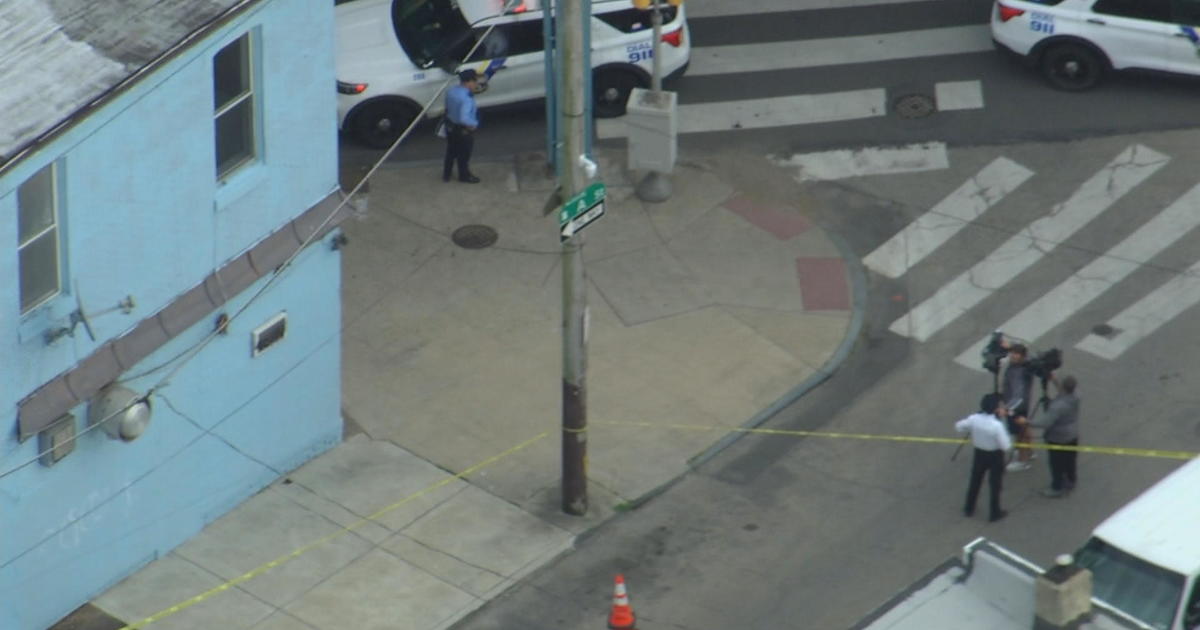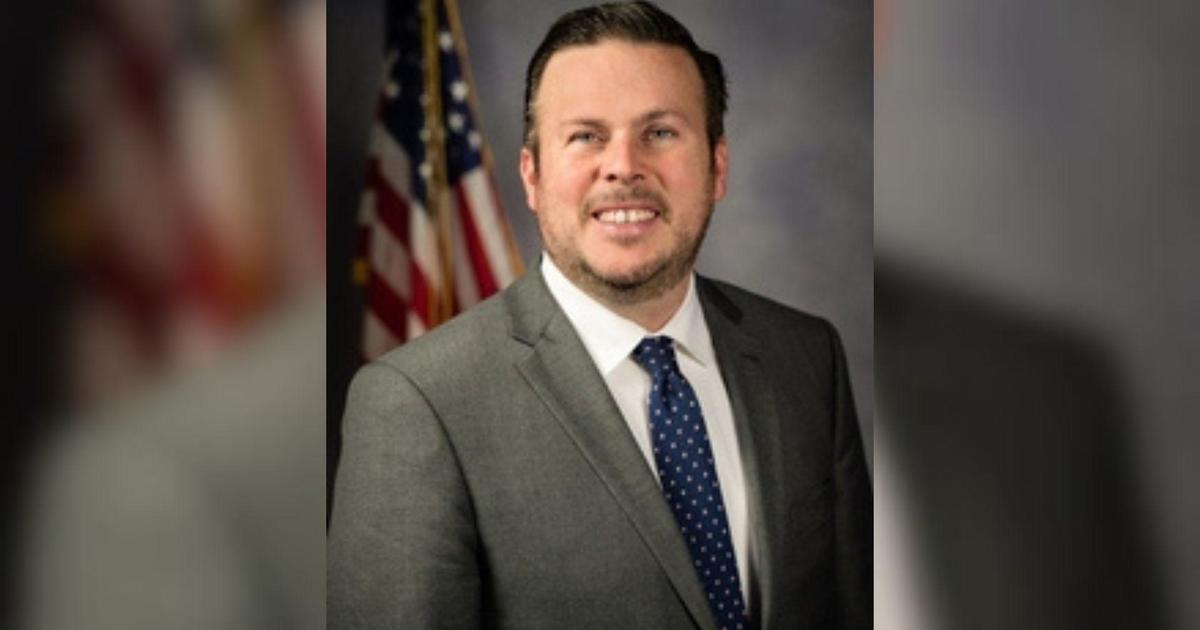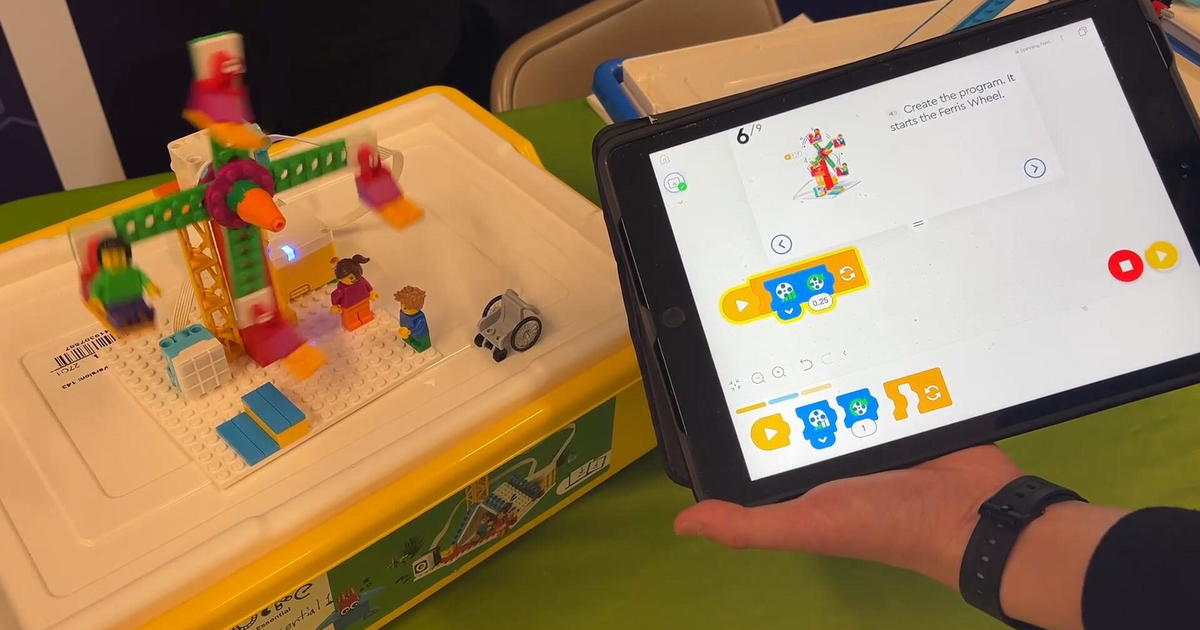Pennsylvania Considering Statewide Protocols For Hospitals To Treat Sepsis
PHILADELPHIA (CBS) -- Sepsis is a deadly infection that strikes out of nowhere.
It has been called a medical emergency by federal health officials.
The Pennsylvania Health Department is considering statewide protocols for hospitals so the condition can be found and treated faster in order to reduce fatalities.
Families who have been devastated by sepsis tell health reporter Stephanie Stahl that the regulations can't come fast enough.
Report: Philadelphia Teens Smoking More Cigars Than Cigarettes
One of those families is the Harvey family.
Conall Harvey is a playful first-grader who likes science and action heroes.
He's a happy 6-year-old boy in spite of some very difficult challenges.
"He's come a very long way from a child who almost didn't make it," says his father, John Harvey.
When Conall was 4 he became sick out of nowhere.
He had a fever, vomiting, and was not himself.
By the time he was rushed to the hospital the little boy was crashing.
"I remember saying to Christin, I've never felt so sad in my life," said Harvey.
Conall's Havertown parents were bombarded when they were told that their little boy had sepsis, a potentially deadly infection, and then told he was also diagnosed with leukemia.
The blood cancer was manageable but the sepsis infection was more dire.
"We could see that his legs and his fingers were already starting to turn black from the septic shock that just destroyed his limbs," said Harvey.
3 On Your Side: Credit Card Canceled Due To Inactivity
Conall ended up having both legs amputated and also his fingers on one hand.
"It's not what you ever think that your child's going to be in prosthetics for the rest of his life but you'll take him any way you can," said his mother, Christin Harvey.
Chris Aiello who lives in Plymouth Meeting wasn't as lucky.
His 15-year-old daughter Emily died from a sepsis infection.
"Her smile lit up a room," said Aiello. "Everyone who knew her loved her."
Sepsis, which is sometimes called blood poisoning, kills more than 258,000 Americans every year because it's often not identified and treated quickly enough.
The difference between life and death often depends on sepsis protocols in hospitals where suspected cases are quickly treated.
"If they had the proper protocols in place she wouldn't have died," said Aiello.
Now the push is on for Pennsylvania to adopt statewide sepsis protocols.
Research shows that in other states that have the protocols, lives are saved and money is saved too.
"To have a protocol eliminates the possibility of human errors," says Aiello.
"If it's statewide you don't need to think twice about it," said Christin Harvey.
For now, her thoughts are focused of giving Conall a normal life while knowing there are no guarantees.
"You just live for the day, you don't think about yesterday, you try not to think about tomorrow as much," she said.
Advocates who are pushing for state protocols are disappointed that Pennsylvania's health secretary has decided to go through a slower regulatory process instead of an executive order to implement those protocols.



